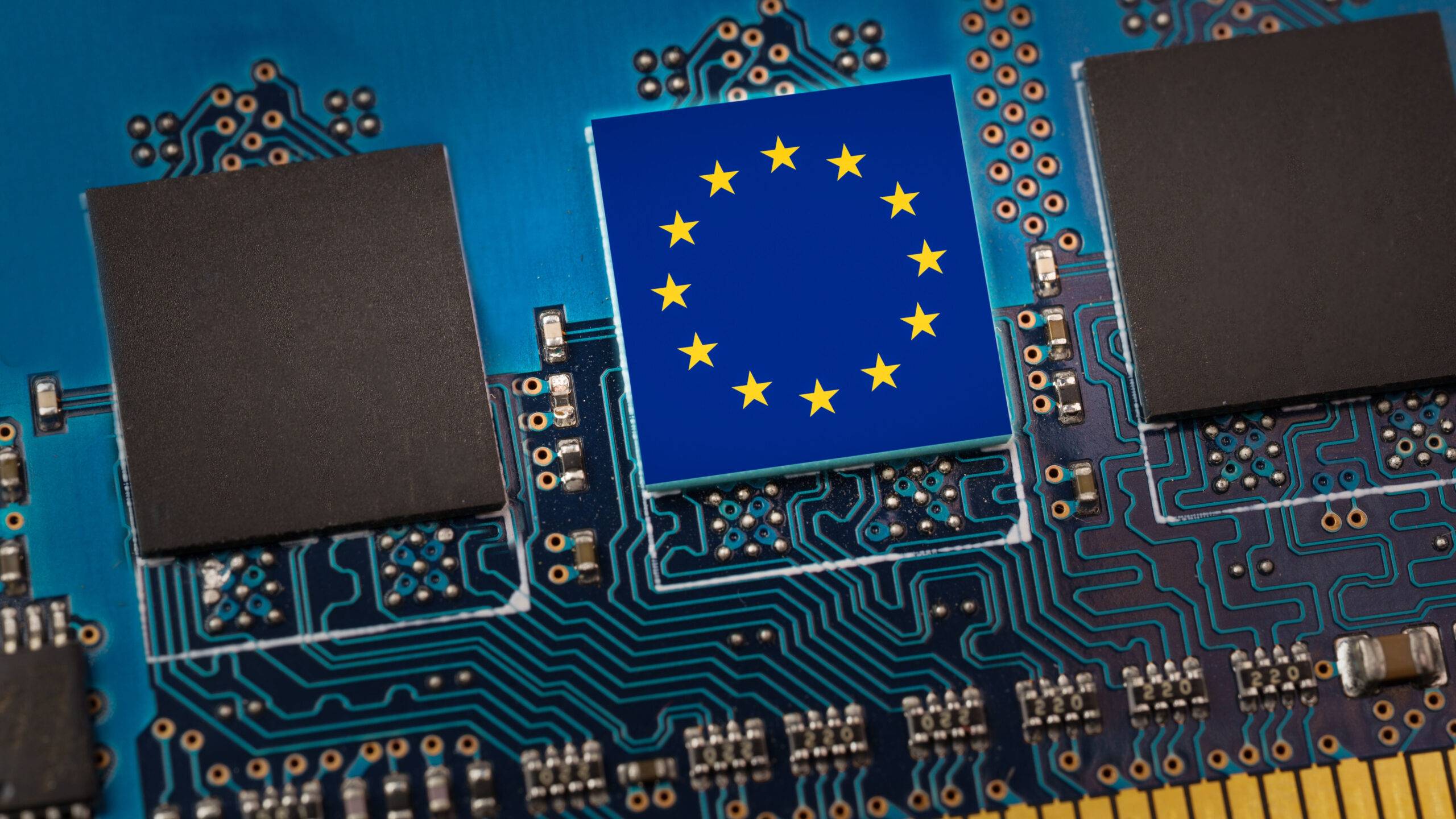Facing Disruption, Newspapers Demand Right to Collude
As was widely reported this week [1] [2] [3] [4], large news publishers are banding together to demand an antitrust exemption from Congress. According to the media trade group championing this effort, this would enable collusive bargaining in digital advertising.
The stated reason for news publishers demanding this get-out-of-jail-free card when it comes to the nation’s antitrust laws? Technology has disrupted the newspaper industry, and Google and Facebook, publishers claim, are too tough to compete against. (Nevermind that News Corp., Verizon’s Oath, Snapchat, Twitter, and others all aim to do exactly that.)
With few exceptions, competitors colluding is almost always a violation of antitrust law. And for good reason – as courts have long recognized, there is almost no outcome good for consumers when competitors get together to decide their business strategy. Needless to say, antitrust regulators often oppose such exemptions (e.g., this recent example in Australia), and Congress rarely grants them. They are almost always coupled with other regulatory schemes that protect the consumer interest.
Likely Effects of an Antitrust Exemption for News Publishers
An exemption would allow competitors to lawfully meet and agree to raise prices or jointly boycott. According to David Chavern of the News Media Alliance (NMA), this hypothetical news cartel would push for “stronger intellectual-property protections, better support for subscription models and a fair share of revenue and data.”
Let’s consider those three objectives: IP protection, subscriptions, and a “fair share” of revenue and data. First, news publishers do not need an antitrust exemption to lobby for more IP protection; federal law already allows it. (As I’ve noted before, News Corp. is already quite fond of doing so.)
Second, Google and Facebook are already pursuing new strategies for supporting subscriptions. The NMA proposal, however, suggests a collective turn to subscription models, removing consumers’ ability to choose among products with different business models, including ad-supported ones. Individual newspapers should have the freedom to experiment, pursuing the model best suited to their business. Consumers are best served when they can choose between competing models.
Third, Chavern wants a “fair share of revenue and data.” In pursuit of this, the NMA would make an end-run around copyright law’s fair use doctrine, which permits the indexing of content, so as to force digital services to pay for the privilege of sending traffic to their sites. As I discuss below, news publishers have tried this in Europe. It hasn’t gone well.
If new publishers received this exemption, consumers can expect to see increased prices, less choice (as news publishers lose the incentive to explore different business models), reduced innovation in news offerings, and a reduction in information diversity as smaller publishers are shunted to the sidelines.
News Publishers Split on “Hail Mary Pass”
Not everyone agrees with the NMA effort, which is backed by major news publishers like the New York Times and Wall Street Journal. The Local Media Consortium (LMC), a “national partnership of powerful local media” that represents over 70 media companies with 1600+ local media outlets said the NMA did not “speak on behalf” of the industry.
The LMC explains that it has spent
the last four years forging partnerships essential to us as providers of quality local content and local business solutions. Those partnerships align the news industry – print, broadcast and ultimately digital – with tech companies in a symbiotic relationship.
As the LMC has worked to help local papers generate additional revenue monetizing content, local papers regard digital services as “partners.” The national mastheads diverge here, because they may draw on subscription revenues. They thus can entertain pursuing an antitrust exemption, which others journalists have derided as a “Hail Mary Pass” and a plea for “special treatment.”
Publishers’ Demands for Special Treatment in EU
This improbable pursuit of an antitrust exemption has its roots in a similarly quixotic quest in Europe. European news publishers have pursued their own strategies for squeezing the digital services who drive millions of users to news publisher content. In Europe, news publishers have pursued new regulations that would prohibit social media, news aggregators, and other digital services from quoting text or headlines without paying a fee to a government-designated entity. Sometimes called “ancillary copyright” or a “neighboring publishers’ right”, this idea boils down to a quotation tax. Despite being enacted with little success in Germany and Spain, it is now under under consideration by European regulators in Brussels.
Just as the U.S. antitrust exemption proposal is driven by larger publishers, the European quotation tax has been driven by larger news publishers. Smaller EU publishers have been less supportive. As some commentators have noted, “larger, traditional publishers such as [Germany’s Axel] Springer have huge marketing budgets and brand awareness” and may stand to gain from the “associated uncertainties, loss of coverage and financial risks” that come from short-circuiting the digital services that level the news publishing playing field. Hence, an increasing number of smaller European publishers have opposed the quotation tax. A similar dynamic is playing out with U.S. news publishers’ demand for an antitrust exemption. Should news publisher collusion precipitate a general end to news indexing, larger papers can fall back on 20th century subscription and advertising models. Not so for smaller news startups.
Toward a Sustainable Future for Digital News Publishing
Digital advertising services are directly interested in the success of news; news publishers’ digital presence provides a large amount of advertising opportunities. And it is a two-way street: by driving users to news content, digital services provide news publishers billions of eyeballs. In part because of this, Google and Facebook have invested considerably in digital advertising technology to help news publishers better monetize news content. Local news publishers benefit considerably from such initiatives. But the value of these investments has not accrued fast enough for larger news publishers, leading to the current, peculiar initiative.
The ultimate price of this proposed bargaining cartel would be paid by consumers. There’s an oft-quoted line from Adam Smith, regarding meetings of people of the same trade ending “in a conspiracy against the public, or in some contrivance to raise prices.” It is often cited to support the case for government intervention. In fact, Smith worried about business collusion occurring under the auspices of government approval, such as with an antitrust exemption to coordinate business strategy.
This is something we describe all too frequently here on DisCo. Unable to achieve certain concessions in the marketplace, a struggling industry attempts to win those concessions from the government instead. They attempt this by clothing the request in a veneer of consumer protection. Whether we brand this “crony capitalism,” a “conspiracy against the public,” or “public choice rent-seeking,” the outcome is the same: consumers lose.








